Diamond Open Access at UCC: Journals honoured at the IOAP Inaugural Diamond Open Access Publishing Awards 2024
- Elaine Harrington
- April 2, 2024
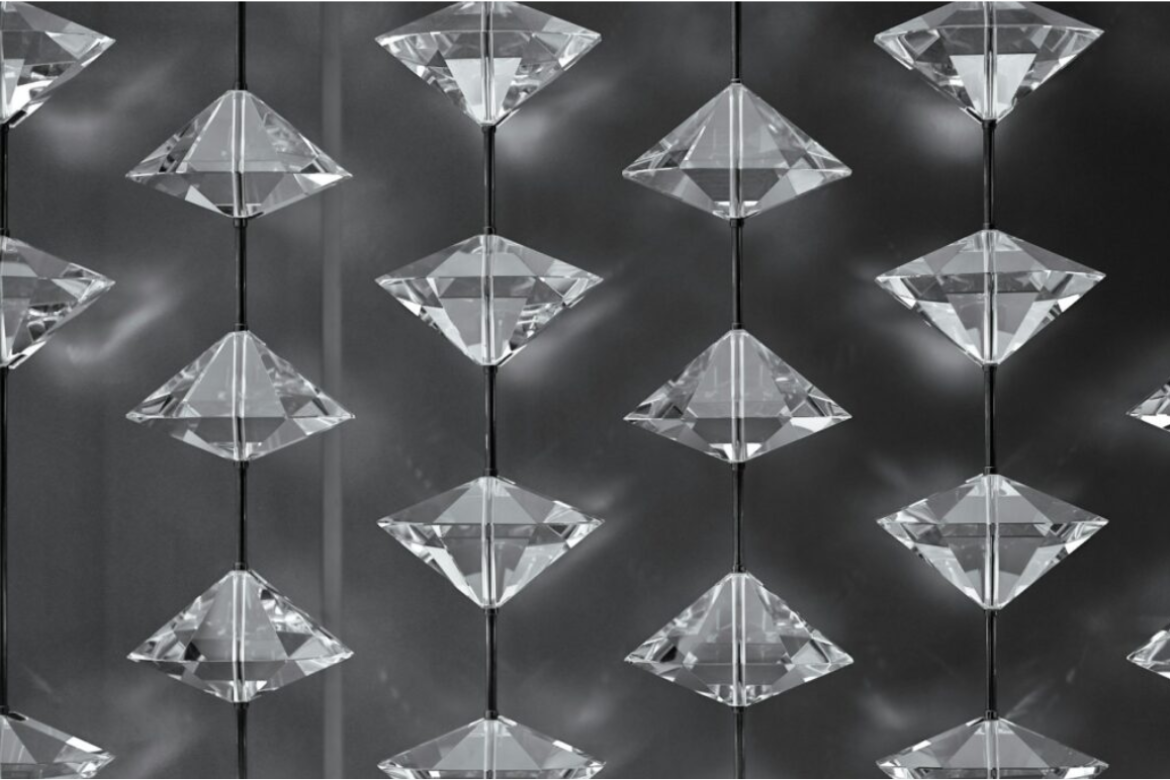
The River-side welcomes this guest post from Elizabeth Noonan, Research Services, UCC Library.
Open access: gold for publishers?
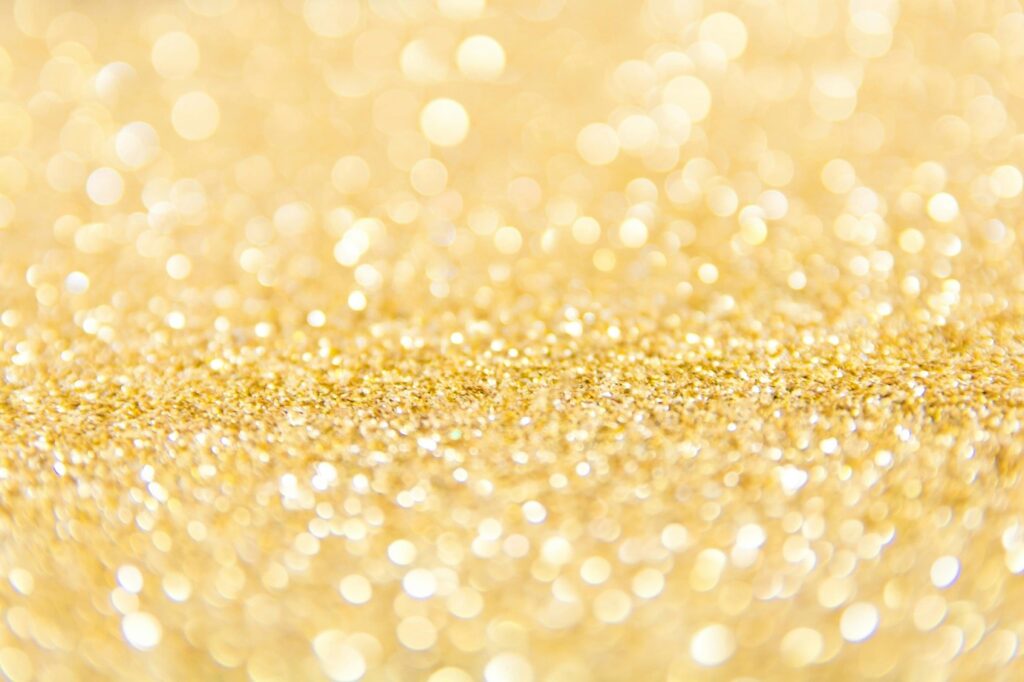
Open access sounds as though it should be free. But there is often a cost to publishing open access. Many commercial publishers are highly profitable enterprises. Authors or their funders must pay an Article Processing Charge (APC) to publish open access (Gold or Hybrid Open Access). APCs often cost thousands of euro. Most research funders now require that publications resulting from funded research must be open access immediately upon publication. Finding ways to pay for APCs is a real issue for researchers.
If the publisher is not paid to make an article open access, it publishes the article behind a paywall and the reader must pay to access it. To get around a paywall, institutional repositories like CORA can provide Green Open Access. Green Open Access involves making the accepted manuscript of an article open access in a repository, but there is almost always a publisher-imposed embargo period.
In other countries, institutions have adopted rights retention policies to help authors share their articles without restriction. The author retains copyright of the accepted manuscript by including a rights retention statement on the submission. They can then deposit the accepted manuscript in a repository without embargo. However, rights retention has not been widely adopted in Ireland, mainly because of a lack of institutional rights retention policies. In this respect, authors in Ireland do not yet have the weight of their institutions behind them.
Diamond Open Access: ‘equitable by nature and design’1
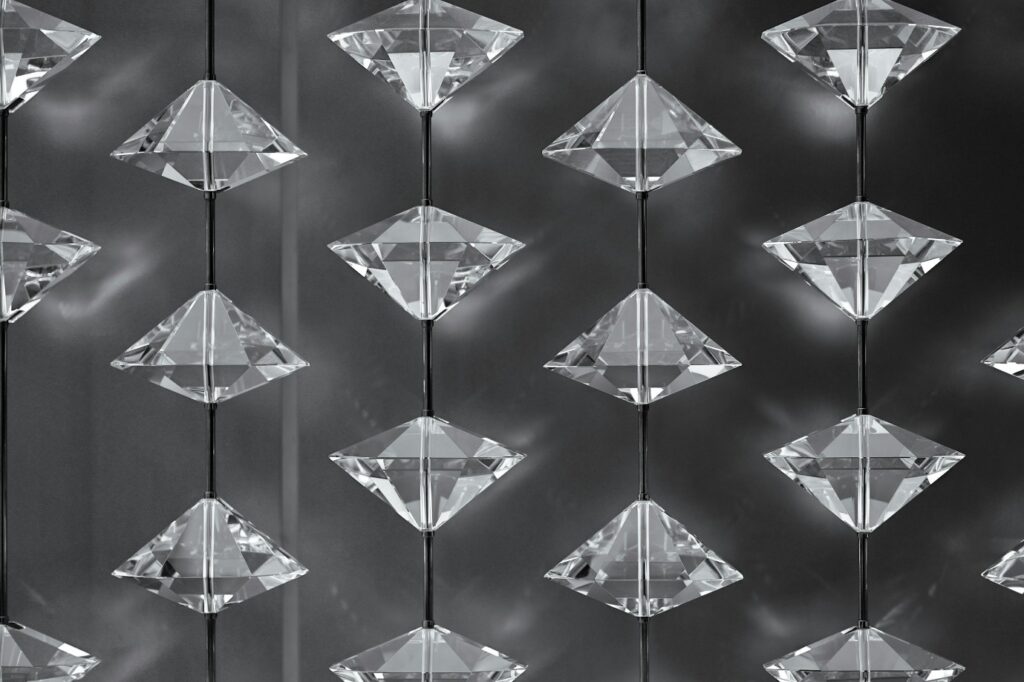
There are other ways to publish. Diamond Open Access is ‘a scholarly publication model in which journals and platforms do not charge fees to either authors or readers’. Science Europe and Plan S describe Diamond Open Access journals as ‘community-driven, academic-led, and academic-owned publishing initiatives. Serving a fine-grained variety of generally small-scale, multilingual, and multicultural scholarly communities, these journals and platforms embody the concept of bibliodiversity. For all these reasons, Diamond Open Access journals and platforms are equitable by nature and design.’ 1.
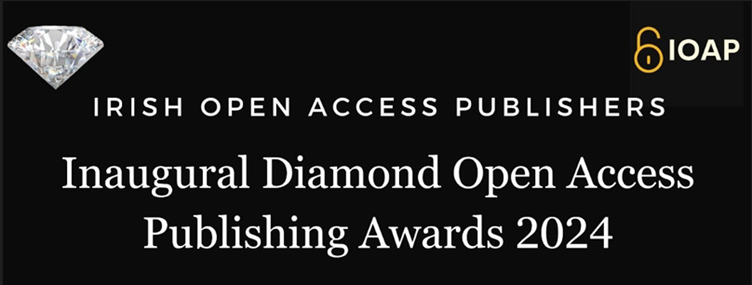
UCC is very fortunate to have several Diamond Open Access journals publishing at present. Two of these journals have recently been honoured by the Irish Open Access Publishers (IOAP) organisation at their Inaugural Diamond OA Publishing Awards:
- Alphaville, Journal of Film and Screen Media won Best Peer Reviewed Open Access Journal
- Scenario, A Journal for Performative Teaching, Learning, Research won Outstanding Contribution to the Open Access Publishing Field in Ireland.
A judging panel of international experts recognised and praised the high quality of these UCC Diamond Open Access Journals.

Alphaville: ‘a labour of love’
Alphaville is published by the Department of Film and Screen Media at UCC and is stewarded by Professor Laura Rascaroli as Editor-in-Chief. The journal was launched in 2011. There are two issues per year, each with its own issue editors and theme. Alphaville is truly comprehensive in its scope and has looked at topics such as:
- Fostering Diversity On and Off Screen
- Refugee Filmmaking
- Queer Media Temporalities
- Screening Race
- Women and Media in the Twenty-First Century
The theme of the current issue is ‘Home as a Site of Resistance.’ Alphaville has achieved the Directory of Open Access Journals (DOAJ) Seal of Excellence and is ranked in the top-20 Google Scholar Film Journal rankings. The journal has a global readership and receives approximately 3,500 visitors per month.
![Text: Issue 26: Home as a Site of Resistance [by] Anna Viola Sbiorgi and Elizabeth Patton. This text is placed over a background reading 'HOME.'](https://theriverside.ucc.ie/wp-content/uploads/2024/03/Issue26.png)
Announcing Alphaville as the winner of the Best Peer Reviewed Open Access Journal, the IOAP judging panel praised its original and impactful contribution to film and screen media, its commitment to quality across publishing practices, and to inclusion, accessibility and dissemination. Professor Laura Rascaroli stated that “Alphaville is a labour of love that makes an important contribution both to its field of film and screen media and to the democratisation of knowledge. Alphaville has devised a sustainable, adaptable model that will allow us to continue our commitment to the highest quality Open Access.”
Scenario: ‘exemplary of best practice in Diamond OA Publishing’
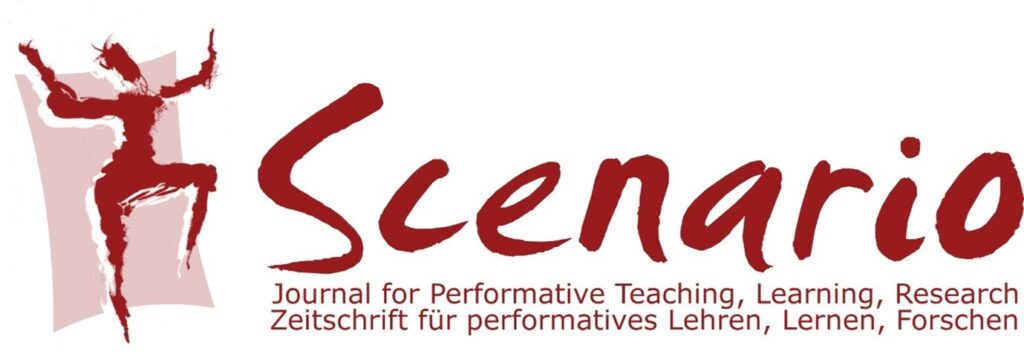
Scenario: A Journal for Performative Teaching, Learning, Research was launched in 2007 by the Department of German at UCC. Its founding editors were Prof. Manfred Schewe and Susanne Even. Dr Dragan Miladinović is a currently at the helm. The focus of Scenario is the role of drama and theatre in the teaching and learning of foreign/second languages, including the literatures and cultures associated with these languages. It is a bilingual journal in German and English with plans to include articles in Italian.
Scenario is the main pillar of the wider Scenario project which includes providing open access to resources such as a video archive from the Scenario online colloquium series, and a bilingual glossary for Drama and Theatre in Education.

The IOAP judging panel was highly impressed with the Scenario Project’s original and impactful contribution to the area of second-language teaching and learning using the performing arts. Praising Scenario as an Open/Diamond Advocate, it also applauded the project’s dedication to quality across publishing practices and commitment to inclusion, accessibility and dissemination. The judges felt that having upheld these values for many years, Scenario is exemplary of best practice in Diamond OA Publishing.
On receiving the IOAP award Dragan Miladinović said “We strongly believe in the greater mission of open access publishing and availability of research without incurring fees for either readers or contributors and are delighted to receive this award in recognition of our dedication to this cause. It encourages us to stay on the path we embarked on with our Scenario Project and its vision to integrate the (performing) arts more strongly in the field of education.”
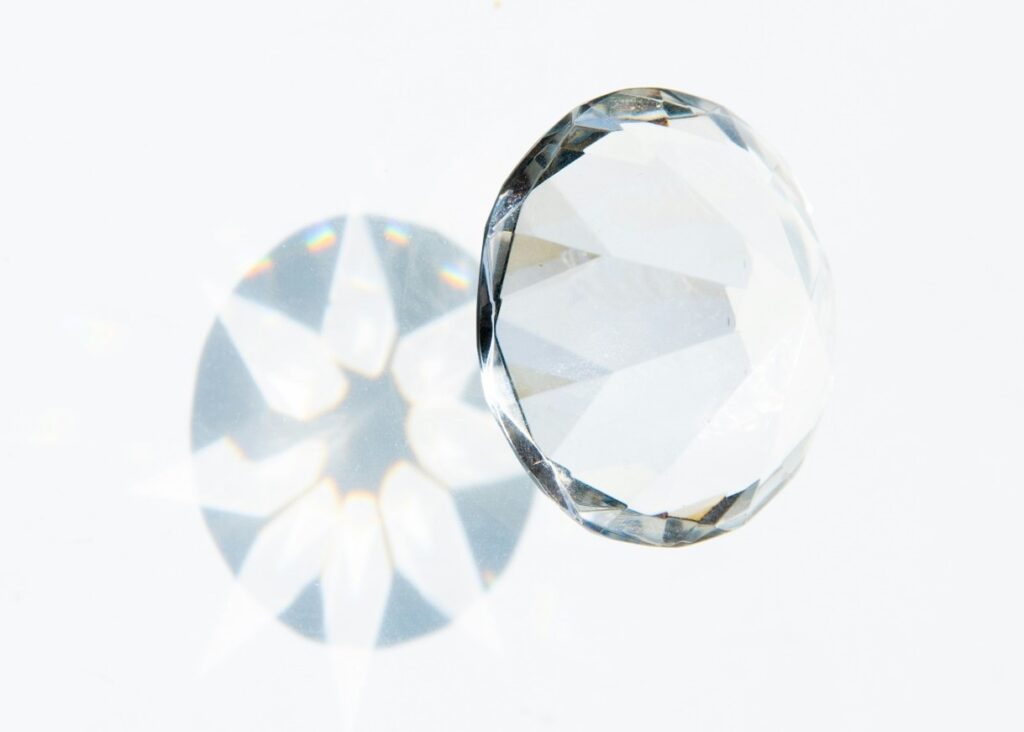
The Library supporting Diamond Open Access
Open access to publications is a guiding principle of Research Services in the library. The Research Services Team educates and advises on open access, copyright, licensing, DOIs, Article Processing Charges, IReL open access agreements, rights retention, research data and more. We run CORA, UCC’s open access institutional repository. A particularly rewarding aspect of our work is supporting UCC’s Diamond Open Access journals. We advise the journals on a range of issues around open access publishing and dissemination, and we register Digital Object Identifiers for their content. We archive each issue in CORA. Our aim is to help the journals to share their content as widely as possible. Some of the journals use Open Journal Systems as their publishing platform. Paul Davidson in Library Systems & Service Support provides access to the platform and training in how to use it, as well as resolving any technical problems which arise. Dr Aoife Coffey and Dr Deborah Thorpe from the Library’s Research Data Service worked on the data for Scenario’s Bilingual glossary for Drama and Theatre in Education.
The latest issue of The Boolean: Snapshots of Doctoral Research at University College Cork has just been published with our help. Congratulations to new editor Zoë Alissa Pollex Williams and all contributors to this student-led journal. We are currently working with the UCC Student Medical Journal, which will publish its first issue soon. The library is very proud to support UCC’s Diamond Open Access journals. We are truly delighted at the recent success of Alphaville and Scenario and we wish them, and all UCC journals, continued success into the future.
References
- Science Europe (2023) Diamond Open Access. Available at:https://www.scienceeurope.org/our-priorities/open-access/diamond-open-access/ (Accessed: 20 March 2024)
